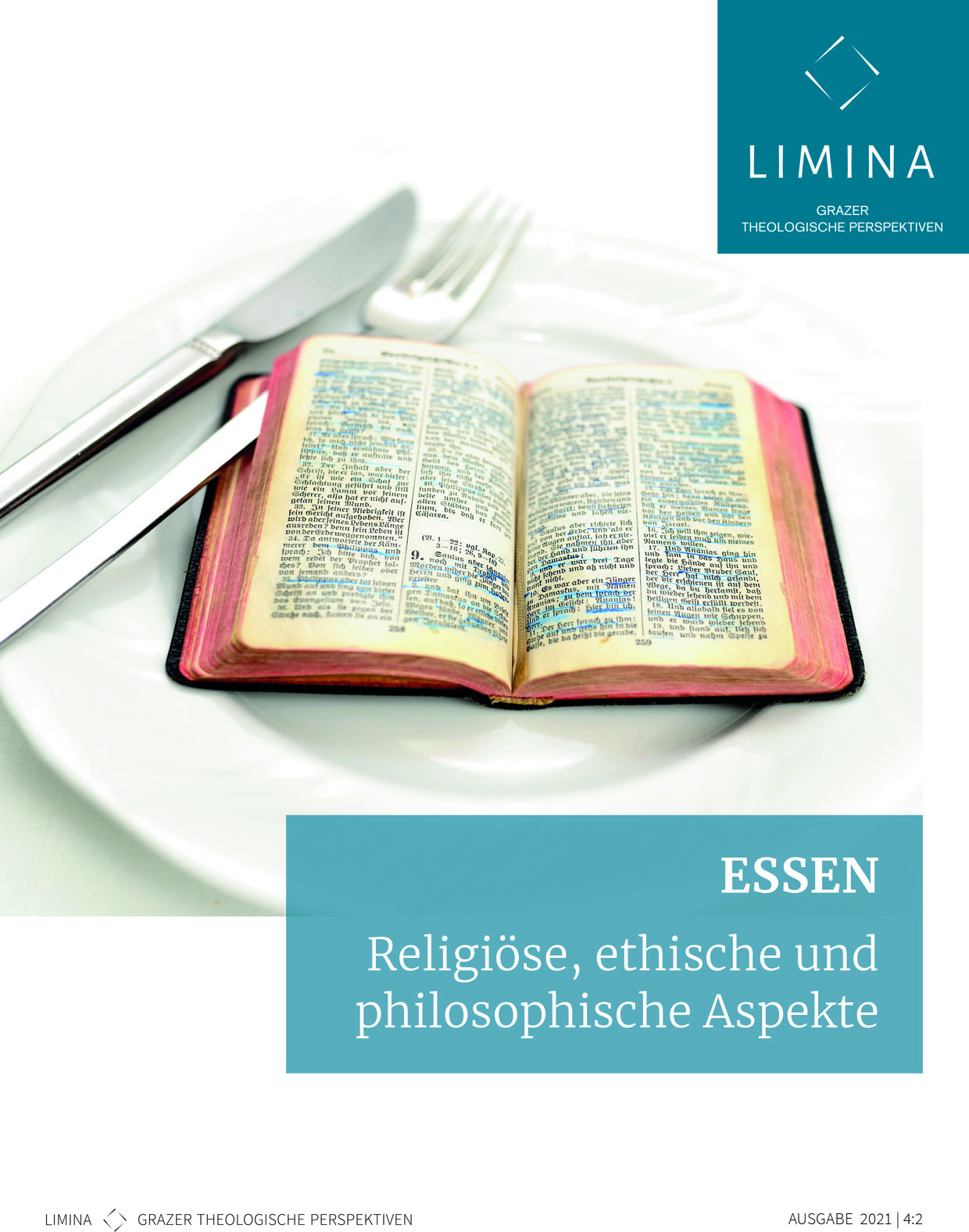Alone at the table? Ancient and modern Jewish responses to the looming disappearance of communal rituals in crisis situations
Main Article Content
Abstract
A communal meal represents much more than the sharing and eating of food. The ritual character of this communal practice imbues every meal with a deeper meaning, which is consumed and absorbed by all participants. What are the effects then of not being able to participate in communal meals? This article attempts to answer this question by drawing on two examples. First, ancient Jewish texts that tell of the promise that the communal meal will resolve all social and religious issues experienced in this life in the world to come will be analysed. Second, modern ritual strategies to celebrate Passover 2020/5780 and unite the community despite the restrictions and social-distancing measures in light of the pandemic will be presented. The article aims to draw links between the ritual of sharing meals and the building of community through rituals. Literary examples from the turn of the era and today are specifically selected for comparison with the further aim of combining past and present aspects of Judaism in this academic exploration of the ritual of communal meals in difficult social, cultural and religious circumstances.
Article Details
The author(s) retain copyright without any restriction.
LIMINA provides immediately upon publication open access to its content. The content of this journal is licensed under the Creative Commons Attribution 4.0 International Licence. By submitting a contribution, the author(s) agree(s) to the terms of use of the CC BY licence.

